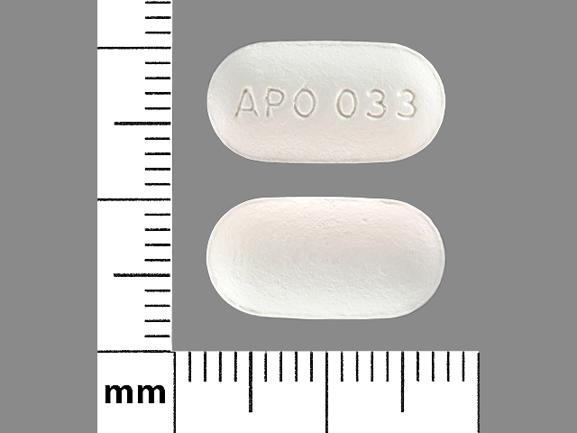Pentoxifylline Dosage
Medically reviewed by Drugs.com. Last updated on Jul 24, 2025.
Applies to the following strengths: 400 mg
Usual Adult Dose for:
Additional dosage information:
Usual Adult Dose for Intermittent Claudication
400 mg orally 3 times a day. If adverse effects develop, reducing the dose to 400 mg twice a day is recommended.
Renal Dose Adjustments
Creatine Clearance 10 to 50 mL/min:
400 mg orally twice a day. If adverse effects develop, reducing the dose to 400 mg once a day is recommended.
Creatine Clearance less than 10 mL/min:
400 mg orally once a day. Further dosage reduction may be required such as 200 mg once daily but current products (extended or controlled release; unscored) may require adaptation to 400 mg once every other day.
Note: Pentoxifylline is not eliminated unchanged in the urine; however, the pharmacologically active metabolite may accumulate in patients with renal impairment and add to pharmacologic and toxic effects.
Liver Dose Adjustments
400 mg orally twice a day. If adverse effects develop, reducing the dose to 400 mg once a day is recommended.
Dose Adjustments
In patients with both renal and liver dysfunction, the dose should be reduced to 400 mg orally once a day.
Precautions
Patients with impaired renal and/or liver function should be monitored closely for adverse effects.
Safety and effectiveness have not been established in pediatric patients (less than 18 years of age).
Dialysis
Limited data suggest that pentoxifylline is moderately dialyzed during hemodialysis. Therefore, doses should follow hemodialysis sessions.
Other Comments
Pentoxifylline is preferably given with meals to decrease gastric irritation. Pentoxifylline should be given for at least 8 weeks to determine efficacy.
More about pentoxifylline
- Check interactions
- Compare alternatives
- Pricing & coupons
- Reviews (5)
- Drug images
- Side effects
- During pregnancy
- Drug class: miscellaneous coagulation modifiers
- Breastfeeding
- En español
Patient resources
Other brands
Professional resources
Other brands
Related treatment guides
See also:
Further information
Always consult your healthcare provider to ensure the information displayed on this page applies to your personal circumstances.


